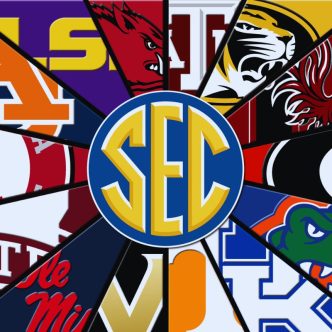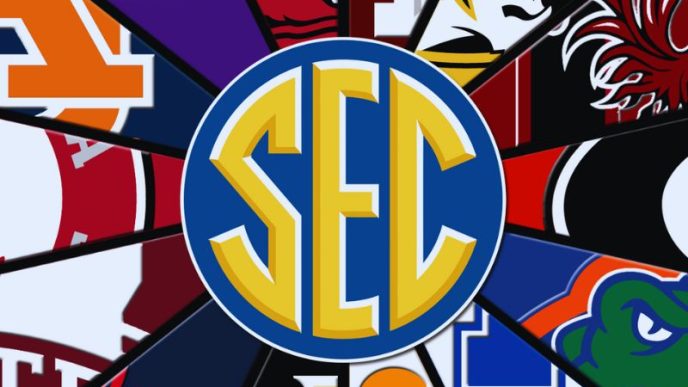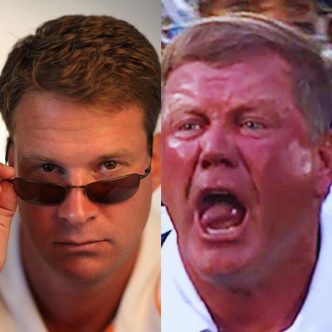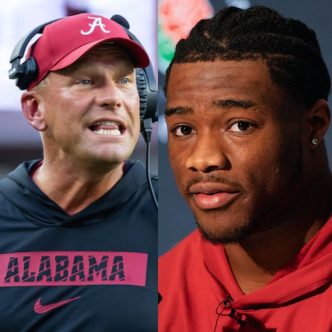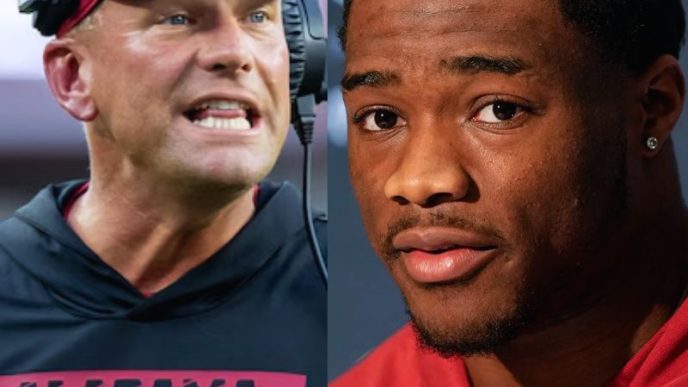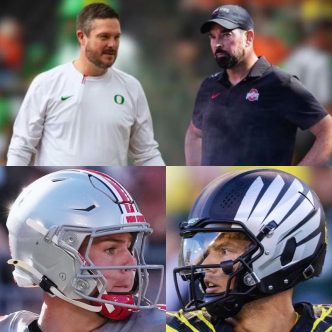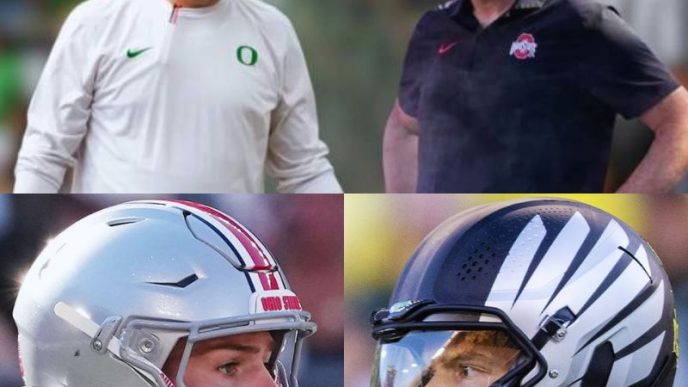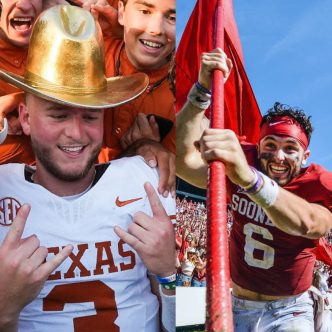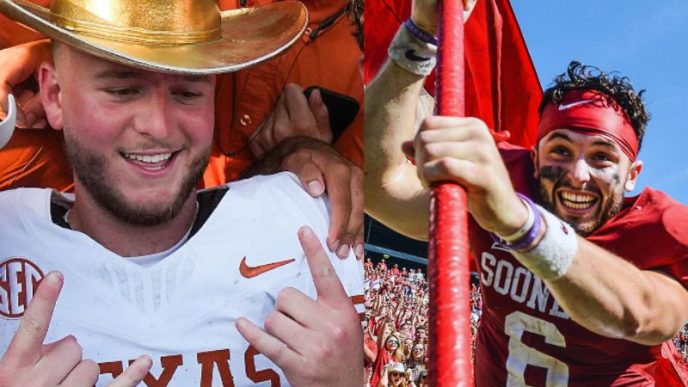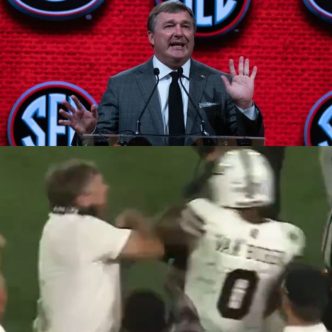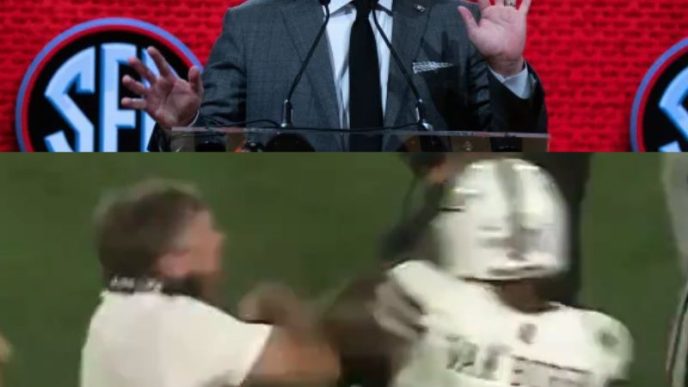Though no longer coaching, Jimbo Fisher is far from silent when it comes to his concerns about the direction of college football.
In a recent interview with SiriusXM, the former Texas A&M head coach didn’t mince words, particularly when addressing issues surrounding NIL deals and the tampering of players by larger programs.
Fisher, who was let go from his head coaching role last season, has made it clear that his passion for the sport hasn’t faded. Instead, he’s been outspoken about the need for national-level regulations to address what he sees as a broken system.
“The sport needs oversight,” Fisher said during the SiriusXM interview. He highlighted the chaotic and inconsistent landscape that different schools and conferences are forced to navigate, arguing that the fragmented rules only make things worse.
“I’ve had multiple discussions with players I’ve had, teams calling them and offering money,” he said. “‘I’ve got this offer here, I’ve got this,’ and you’ve got to sit down with them, their parents and go through it all. Power 4, within our own league, with the things that go on.
“I thought, really, when NIL came in, we thought it would be good, because some of this – there were teams that were doing NIL before NIL was popular, OK? … I thought NIL would at least make it fair, take the cheating out of ball. It’s made it worse.”
One of Fisher’s biggest concerns is the growing problem of tampering, where powerful programs entice players away from smaller schools by offering lucrative NIL deals. According to Fisher, this trend is spiraling out of control.
Fisher didn’t stop there. He also called for deeper structural changes, including revenue sharing and salary caps for college programs.
“We need revenue sharing. We need a salary cap for all schools,” he continued.
His harshest criticism was reserved for tampering, where powerhouse programs lure players from smaller schools with attractive NIL deals, drawing them away from their original commitments.
“The big schools are going and getting players constantly from other schools, and it’s being done illegally,” he explained.
While NIL was originally introduced to allow athletes to profit fairly from their own name, image, and likeness, Fisher argued that the reality has become far more problematic.
Rather than fostering fairness, NIL has turned into a bidding war, where top athletes chase the highest-paying offers, leaving smaller schools at a severe disadvantage.
“It’s made the cheating worse,” Fisher remarked, pointing out that even before NIL’s implementation, certain programs were already bending the rules.
Despite stepping away from coaching, Fisher’s voice continues to resonate in the debate over the future of college football.
His calls for a commissioner to oversee the sport and his push for financial reforms like revenue sharing reflect growing concerns among those who believe the current system is deeply flawed.
Clearly, Fisher is far from along with his thoughts on the current broken system.
What rules and guardrails need to be put in place to save college football from completely going off the tracks???


